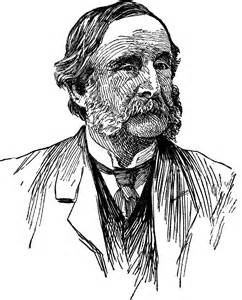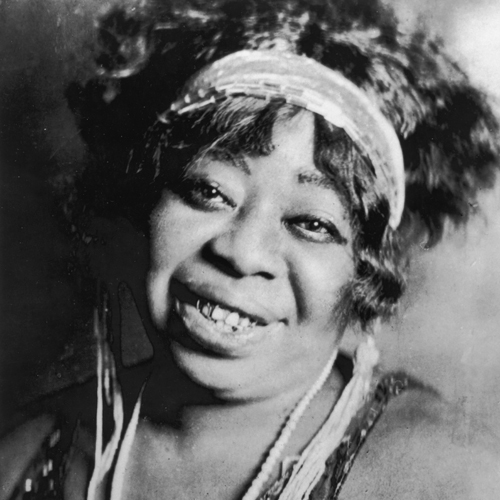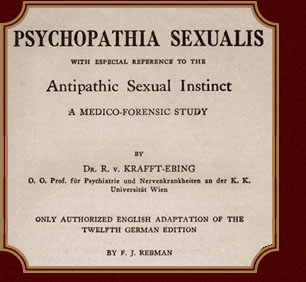December 22
THOMAS WENTWORTH HIGGINSON, American minister, novelist, abolitionist and soldier was born in Cambridge, Massachusetts (d: 1911); A descendant of Francis Higginson, a Puritan minister and emigrant to the colony of Massachusetts Bay, he was a grandson of Stephen Higginson, a member of the Continental Congress, and a distant cousin of Henry Lee Higginson, founder of the Boston Symphony Orchestra. And he was in love with William Henry Hurlbert, a southern beauty of whom he confessed “I never loved but one male friend with a passion. He is like some fascinating girl.” He modeled the hero of his novel Malbone (1869) after Hurlbert. Higginson is also remembered as a correspondent and literary mentor to Emily Dickinson.
MA RAINEY, American singer died (b. 1886); one of the earliest known professional blues singers and one of the first generation of such singers to record. She was billed as "The Mother of the Blues."
She did much to develop and popularize the form and was an important influence on younger blues women, such as Bessie Smith, and their careers. She was bisexual. Rainey never shied away from her feelings in her music, as is apparent in the lyrics of "Prove It On Me":
Went out last night with a crowd of my friends,
They must have been women, 'cause I don't like no men.
Wear my clothes just like a fan, Talk to gals just like any old man
'Cause they say I do it, ain't nobody caught me, Sure got to prove it on me.
The 1982 August Wilson play Ma Rainey’s Black Bottom was based on her career and took its title from her song of the same name recorded before 1928 which ostensibly refers to the Black Bottom dance of the time. Director George C. Wolfe's adaptation of the stageplay is currently in theaters and streaming, featuring the final performance by Chadwick Bosseman and a brilliant relaization of Rainey by the formidable Viola Davis. https://www.imdb.com/title/tt10514222/
RICHARD KRAFFT-EBBING, German psychiatrist died (b. 1840); Austro-German psychiatrist who wrote Psychopathia Sexualis (1886), a famous study of sexual perversity, and remains well-known for his coinage of the term “sadism” (after the Marquis de Sade). He also coined the term “masochism” using the name of a contemporary writer, Leopold von Sacher-Masoch, whose partially autobiographical novel Venus in Furs tells of the protagonist's desire to be whipped and enslaved by a beautiful woman.
After interviewing many homosexuals, both as his private patients and as a forensic expert, and reading some works in favor of Gay rights (male homosexuality had become a criminal offence in Germany and the Austro-Hungarian Empire by that time; unlike Lesbianism, but discrimination against Lesbians functioned equally), Krafft-Ebing reached the conclusion that both male and female homosexuals did not suffer from mental illness or perversion (as persistent popular belief held), and became interested in the study of the subject.
Krafft-Ebing elaborated an evolutionist theory considering homosexuality as an anomalous process developed during the gestation of the embryo and fetus, evolving into a sexual inversion of the brain.
Some years later, in 1901, he corrected himself in an article published in the Jahrbuch fur sexuelle Zwischenstufen, changing the term anomaly to differentiation. But his final conclusions remained forgotten for years, partly because Sigmund Freud's theories captivated the attention of those that considered homosexuality a psychological problem (the majority at the time), and partly because Krafft-Ebing had incurred some enmity from the Austrian Catholic church by associating the desire for sanctity and martyrdom with hysteria and masochism (besides denying the perversity of homosexuals).
Subscribe to Gay Wisdom
Would you like to have Today in Gay History (aka Gay Wisdom) sent to you daily?



